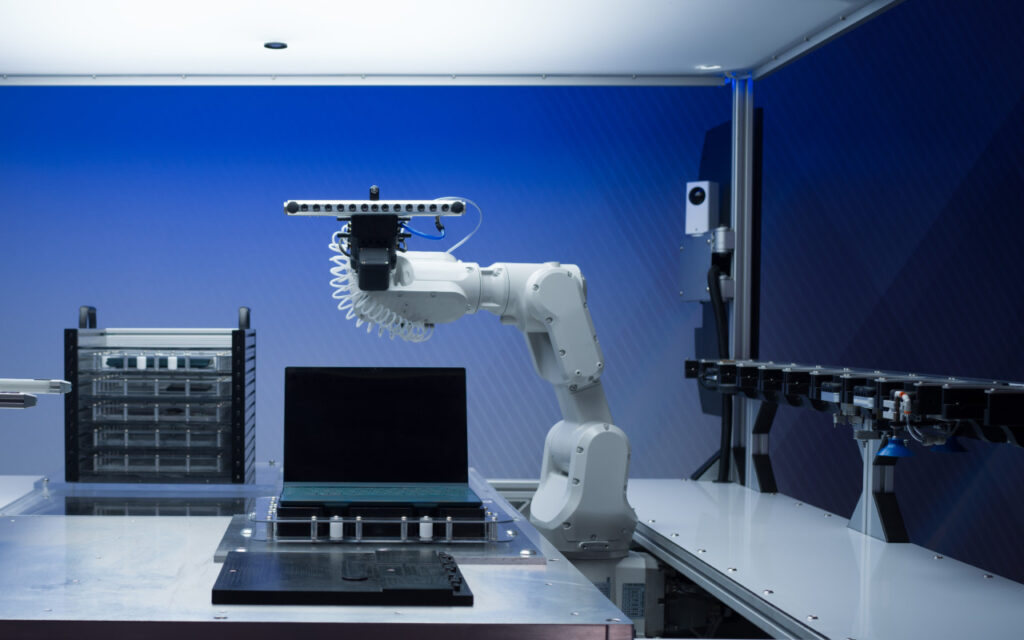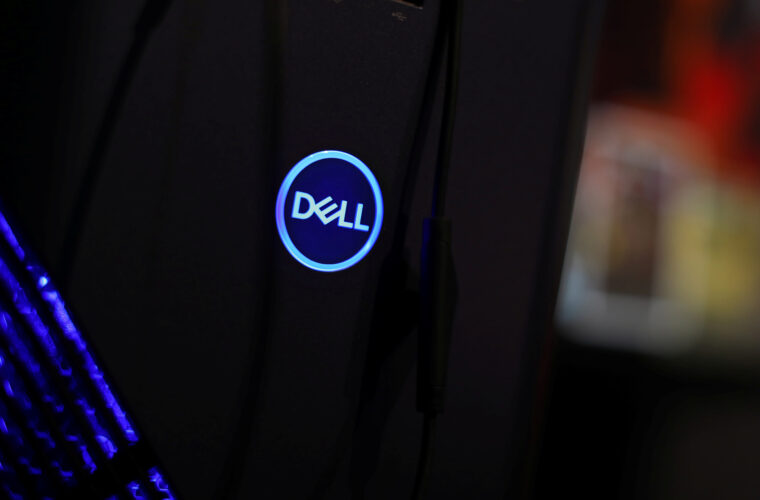Concept Luna, the modular and sustainable notebook from Dell
A modular notebook that allows the most important components to be changed so that it can be repaired or upgraded easily and affordably. Thus extending the life of the device and reducing landfills. Also, when it is time to decommission the computer, every part can be reused or recycled. With this in mind, Dell has developed the Concept Luna, the sustainable, easy-to-disassemble laptop that could succeed where many have failed. As in the case of Project Ara, Google’s modular smartphone, a project presented in 2014 and stopped two years later.
Computer disassembles in less than 1 minute
A year after the US company announced its intention to devote itself to a project aimed at combining sustainability and longevity in the notebook field, Dell has provided an update on the progress of the work, showing a device that can be disassembled in less than 60 seconds. Although the procedure should be carried out by an experienced user beyond a few moments, it is of interest that the project continues on its path to deliver the relevant results.
The third-largest personal computer manufacturer, behind Lenovo and a whisker behind HP, does not have the priority of launching such a notebook on the consumer market, but rather to reduce electronic waste, which continues to increase and weigh more and more on the environment. As Glen Robson, CTO for Dell Technologies’ Client Solutions Group, where he leads the Experience Innovation Group comprised of Design, Architecture, Technology and Strategy teams, explained.
Reuse and recycle to reduce e-waste
“Imagine a future where we don’t simply discard used electronics. Rather, we harvest individual components for a second, third or even fourth life. Once the device is truly at the end of life, we refurbish and recycle it to incorporate these same materials into next-generation laptops, monitors or phones.” It’s a future where nothing goes to waste, and we dramatically reduce the mountain of electronics discarded every year – more than 57 million tons, globally, to be exact. Technology is dematerialised, and the materials we use to fuel a robust circular economy, thereby reducing the need for new, raw materials.


To simplify disassembly, Dell has refined the modular design to eliminate the use of adhesives and cables and reduce the number of screws. In this regard, the Concept Luna resembles a 13-inch notebook. She has been built with interlocking modules, which hold the surfaces together in the disassembly process to change one or more components. The advantages can be seen by watching the video shared by the company on YouTube, with a robot able to disassemble the laptop in a matter of seconds and with extreme ease. Compared to what we saw last year, the Concept Luna, this time, integrates a fan cooling system, a step that would allow more powerful processors to be used for improved performance.
Diagnosing components to update them at the right time
Another new feature from Dell is the ability to diagnose the condition of individual components so that it knows precisely which parts need to be changed next. To achieve this, the engineers have used a telemetry system, thanks to which they can predict which components are to be reused or recycled to avoid waste. A valuable aspect since the wear and tear of components varies depending on how the laptop is used.
Although Concept Luna is only a concept, for now, Dell emphasises that “this is a long-term vision on how to achieve even greater business and social impact through circular design practices“. It is impossible to say if and when the idea might become a laptop for sale, considering that if it did, it would change the approach towards the device and the sales process. Because at a time when every part can be disassembled and upgraded, the notebook and spare parts would be priced differently than they are today.



